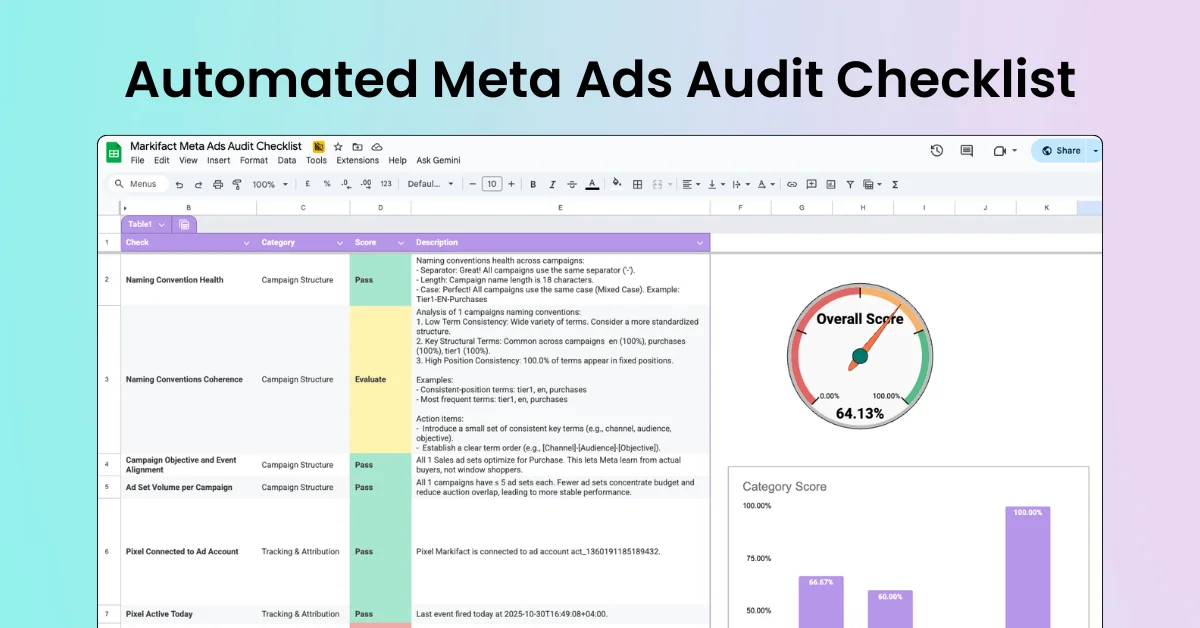Microsoft faces antitrust charges from the European Commission for allegedly bundling its Teams app with its Office suite, giving it an "undue advantage" over competitors like Slack and Zoom. This is the first such charge against Microsoft in over a decade and the most significant since the Windows bundling case over 20 years ago.
Key Points
- Antitrust Allegations: The European Commission has accused Microsoft of anti-competitive behavior by integrating Teams with its Office suite, potentially harming competition.
- Historical Context: This is the largest case against Microsoft since the US and EU's previous confrontation over Windows bundling practices.
- Regulatory Actions: Microsoft had previously attempted to unbundle Teams from Office in an effort to avoid regulatory action, but these measures were deemed insufficient.
- Official Statements:
- Margrethe Vestager, EU's executive vice-president for competition policy, stated that if confirmed, Microsoft's conduct would be illegal under competition rules.
- Brad Smith, Microsoft president, expressed willingness to address the Commission's concerns.
- Sabastian Niles, president at Salesforce, which filed the original complaint, called the charges a win for customer choice and competition.
- Potential Consequences: Microsoft aims to settle the case to avoid formal charges and a potential fine of up to 10% of its annual global revenues.
- Broader Scrutiny: Microsoft is also under examination for its $13bn partnership with OpenAI and faces complaints over cloud computing licensing agreements.
- Other Big Tech Investigations: The European Commission has also accused Apple of stifling competition on its App Store, marking the first charges under new digital rules.
The European Commission's charges against Microsoft for bundling Teams with Office highlight ongoing regulatory scrutiny of Big Tech companies. Microsoft is working to address these concerns to avoid significant penalties and further legal complications.











